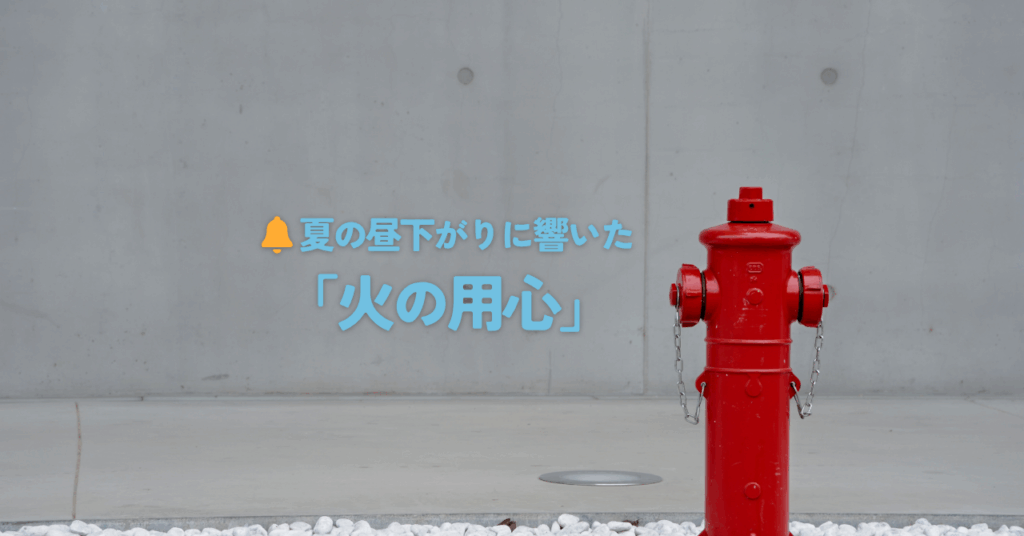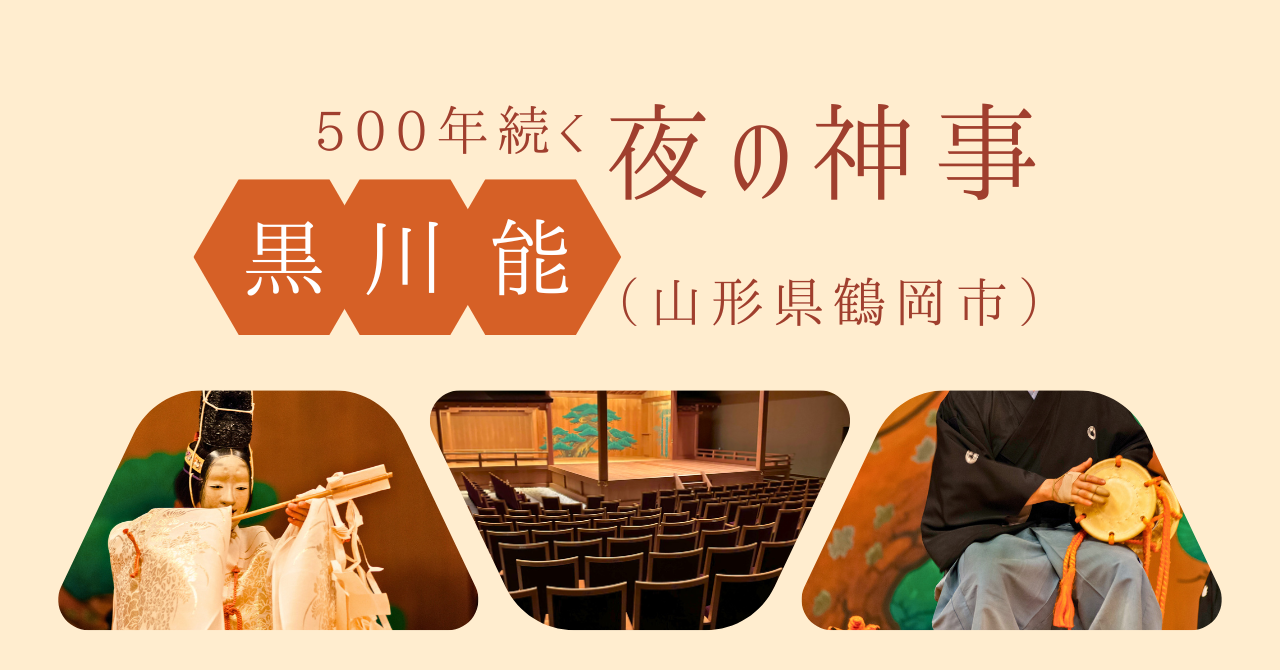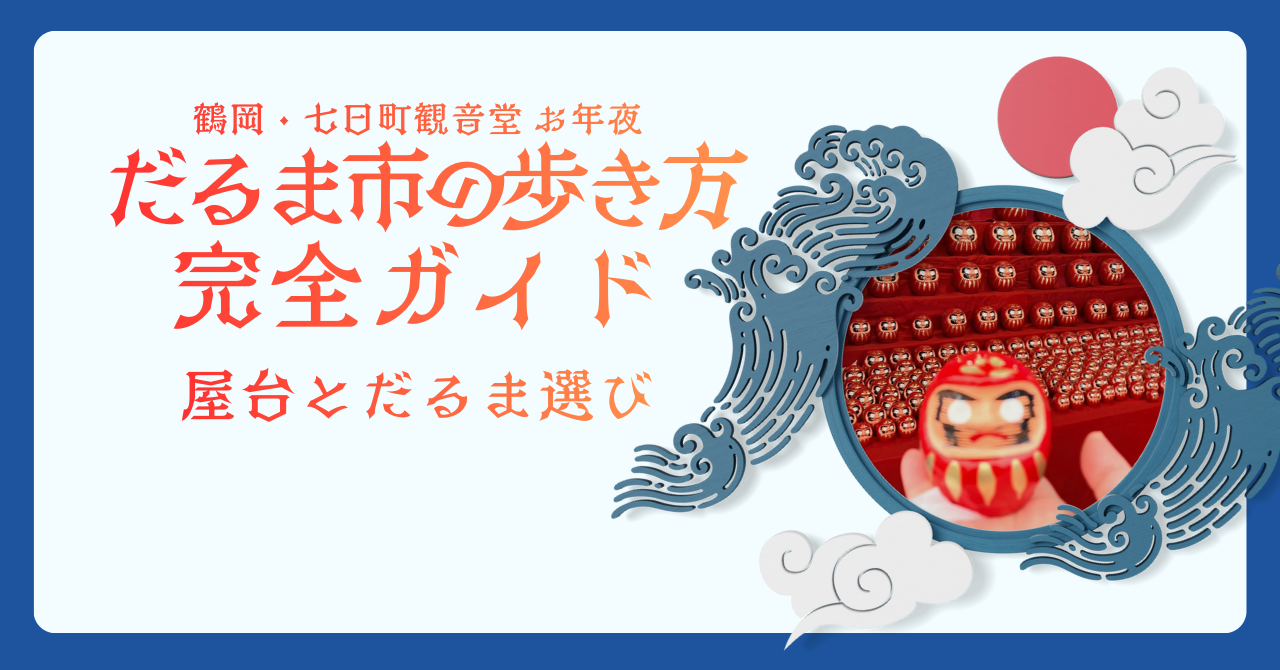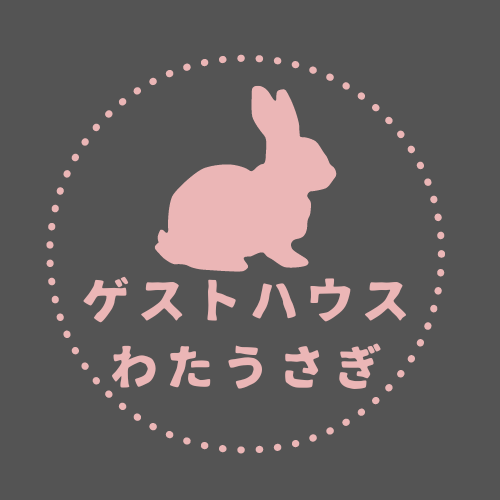A summer afternoon. From outside came the voice calling, “Lock your doors, beware of fire!” along with the rhythmic *clack, clack* of wooden clappers.
The *clack-clack* of the afternoon.
“Huh? They still do that these days?” I couldn’t help but pause and peek out the window.
Children carrying wooden clappers walked slowly through the dazzling sunlight. I’d always thought it was something for winter nights, so it felt a little strange—and somehow nostalgic.
It brought back memories of the fire patrols I joined as a child— calling out “Watch out for fires!” into the cold night air. The sound of the wooden clappers, and a voice from some nearby house calling, “Thank you for your work!” That small warmth still lingers deep in my ears.
Curious, I decided to look it up.
“When did this tradition even start, I wonder?”
In the stillness of the afternoon, the sound of those wooden clappers kept echoing in my mind. I knew it was an old tradition, but when I thought about it, I realized I had no idea how long it had truly been around.
So I grabbed my phone and searched: “Origin of fire safety patrols in Japan.” What came up were words straight out of history— the Edo period, town fire brigades, and the like.
It seems the tradition began in the Edo period, with town fire brigades patrolling at night. In an age of wood, paper, and oil, a single spark could burn down the whole town overnight. So when night fell, they’d walk through the streets, clapping their wooden blocks—*clack, clack*— and calling out, “Watch out for fire!”
At first, it seems the sound was simply a warning signal. But over time, it became a kind of “sound of reassurance” for the townspeople. When they heard it, they could think, “Someone’s out there watching over us tonight.”
As I kept reading, I learned that the “Hi no yōjin” call actually has its own proper form. When striking the wooden clappers, you hit them twice, pause, then strike once more. This rhythm—called *ni-uchi hyōshigi*—is the traditional pattern. Come to think of it, the children today were clapping in that very same rhythm.
Then came the postwar Shōwa era. The old town fire brigade culture had once faded away, but it was revived through children’s groups and local fire prevention campaigns. “One match can start a fire.” “Lock your doors, beware of fire.” Those phrases spread across the country around that time.
I realized that, no matter the era, it’s always been the same at its core— fearing fire, and protecting daily life. The idea of conveying that through *sound* feels so distinctly, beautifully Japanese to me.
The call I heard today.
What I heard today went something like this.
“Lock your doors 🔔 Beware of fire!”
“Beware of fire 🔔 One match 🔔 Can start a blaze!”
“Beware of fire 🔔 You can grill your meat 🔔 But don’t burn down your house!”
I couldn’t help but laugh at that last one— “You can grill your meat, but don’t burn down your house.” Funny, yet absolutely true. Maybe it’s these little touches of humor that somehow make the message stick in our minds.
🔥 It reminded me of that old commercial.
The yakiniku sauce commercial? No… maybe not? But I do remember that catchy jingle — “Beware of fire! You can grill your meat, but don’t burn down your house!” playing in that lively rhythm.
Apparently, the phrase originally came from a fire safety slogan, but they turned it into a message of “Enjoy your barbecue safely and deliciously.”
The sound of the wooden clappers, the sound of the TV— different eras, different forms, yet both carry the same message: “Beware of fire.” Somehow, it all feels so very Japanese.
It seems the phrases vary a little from region to region.
When I looked it up, I found all sorts of different calls— though I’m not sure how true they all are 💦
For example, in the Kansai region, they say, “Lock your doors 🔔 Watch your fire sources!”
In Tōhoku, they say, “Beware of fire 🔔 Did you put it out? 🔔 Make sure you did!”
The words and rhythm may differ slightly, but they’re all the same—*sounds that protect everyday life.* In the beat of the clappers and the pitch of the voices, you can almost feel the spirit of each town seeping through.
“Fire safety” ringing through the summer air.
I’d always thought of fire safety as something for winter, but come to think of it, summer has plenty of fire risks too.
-
Charcoal fires from barbecues.
-
The lingering embers from fireworks.
-
Carelessly tossed cigarette butts.
-
Candles and incense during Obon.
“I see—that makes sense,” I thought. Even a daytime fire patrol has its purpose.
The *clack-clack* rhythm.
As evening came, I could still hear the faint *clack-clack* in the distance. It was probably those same kids making their round through the neighborhood.
As I listened to that sound, the whole town somehow looked a little gentler.
A town where you can hear the wooden clappers— whether in winter or summer—feels like a good place to live. It means that within the rhythm of everyday life, there’s always a quiet reminder to be careful.
Again, next year.
*Clack, clack.* When I hear that sound again next year, I’ll probably open the window and peek out once more.
Saying, “Wait, they’re still doing that?” but feeling just a little bit happy inside.
That’s all for today’s post.
Likes and follows make me happy ❤️






